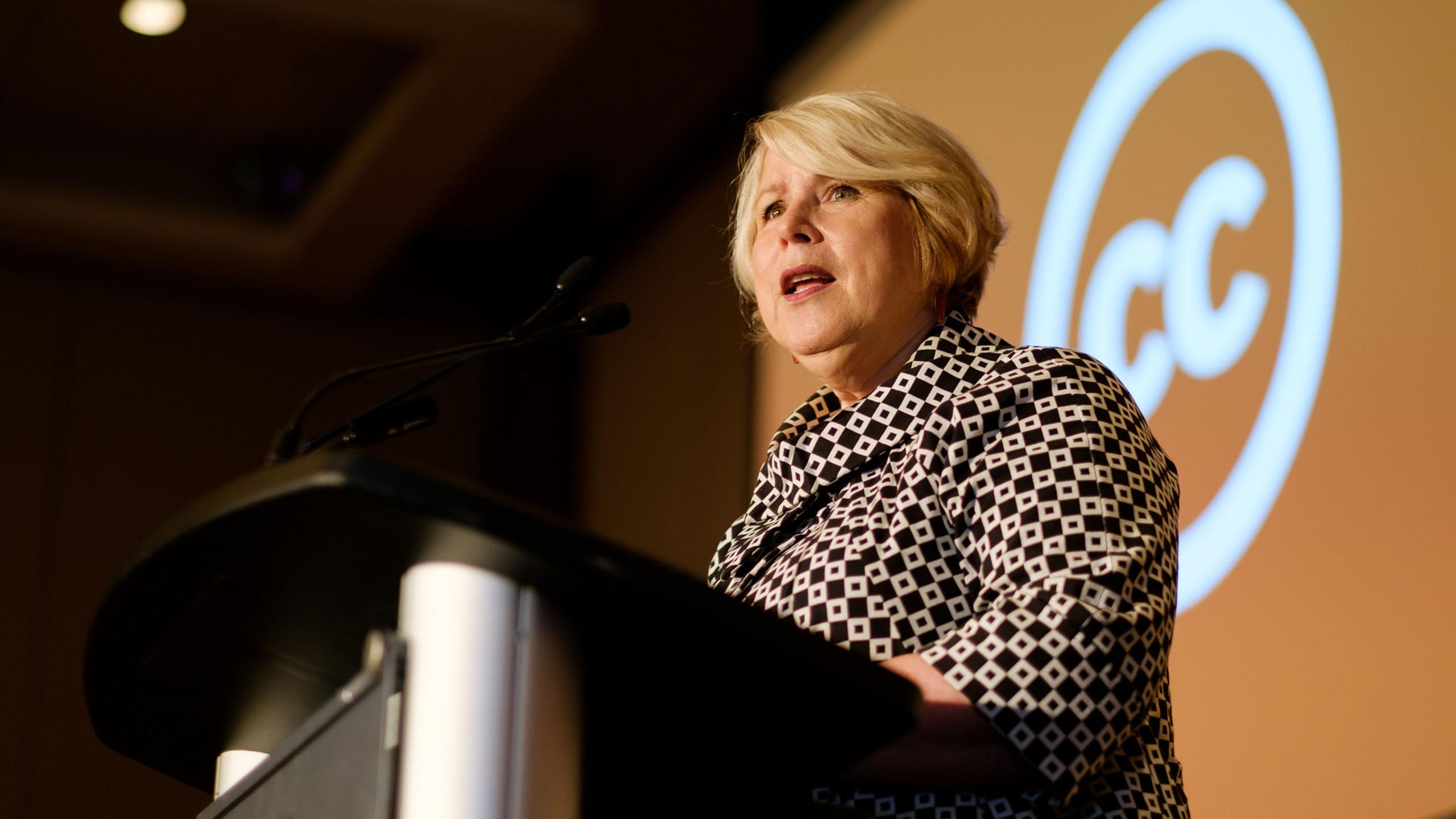By Annie Arnone
The government of Ontario has announced that a $6 million funding increase will be given to mental health services for colleges and universities in the province.
Currently, $9 million dollars is allotted to mental health services per year, putting the total annual funding at $15 million—an amount that the Minister of Advanced Education and Skills Development Deborah Matthews says is “incredibly substantial.”
According to Matthews, the topic of mental health services has been on-going within provincial meetings, as well as conversations she has had with students in post-secondary.
“I always ask what we need to do to support students, and mental health has been loud and clear,” she said. Matthews also mentioned that while the government is unsure of how they will be allocating money to different schools, they wish to personalize their funding based on the specific needs of schools.
“We’re going to work and make sure money is distributed in a fair way, but we will rely on institutions to spend it in a way that is most valuable to students,” she said.
Ryerson Students’ Union (RSU) vice-president equity Camryn Harlick—who campaigned on a platform of increased mental health services—hopes that the money will be allocated fairly and is unsure of how the government will go about dispersing it.
“I think it makes sense that the funding be school specific in instances where a school with a larger student population would receive more funding because they would have more students needing services,” they said in an email. “However … I’d hate to see less prestigious schools or newer schools not receive the proportionate funding they need.”
Within the last year, The Eyeopener has reported on month-long wait times within Ryerson’s counselling services. Matthews hopes the increase in funding will not only help with this by increasing staff, but also give students more options in types of counselling.
“We’re still learning a lot about what supports help, some people need peer counselling, while others need structured psychotherapy. We need to get a mix of help to support all students,” she said.
While the allocation of funding is still being decided on, the government has immediately appointed one mental health coordinator at every one of the 45 colleges and universities in Ontario.
Harlick hopes to see an increase of staff to prevent wait times from continuing, as well as a welcoming space in order for students to feel comfortable in seeking out services.
“It can sometimes be uncomfortable for students to have to go to the counselling services office because it can be unfamiliar, scary and stigmatizing,” they said. “Id love to see collaborations with the equity service centres so students feel less stigmatized going to a university office and can instead receive help in a more familiar, student-ran and focused space.”










Leave a Reply